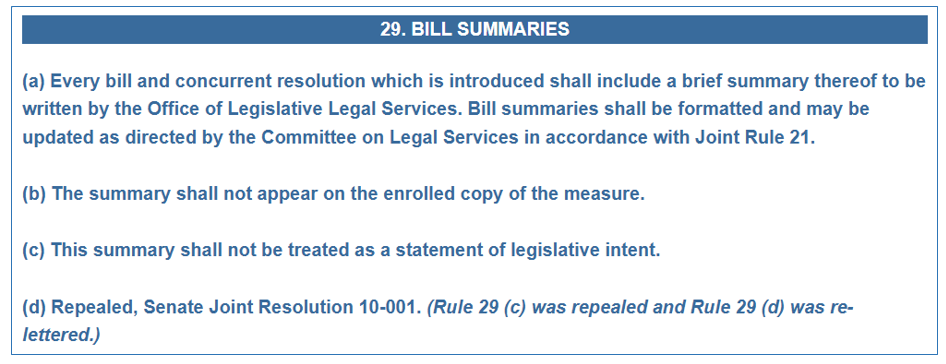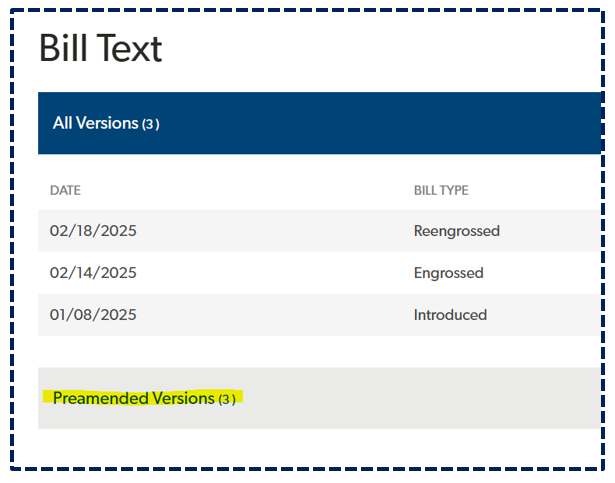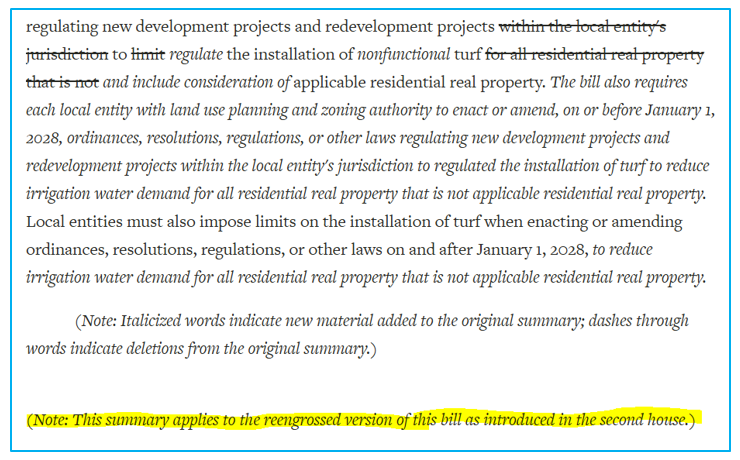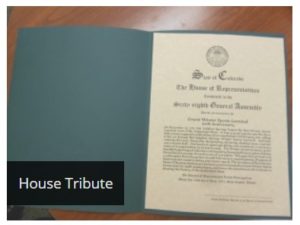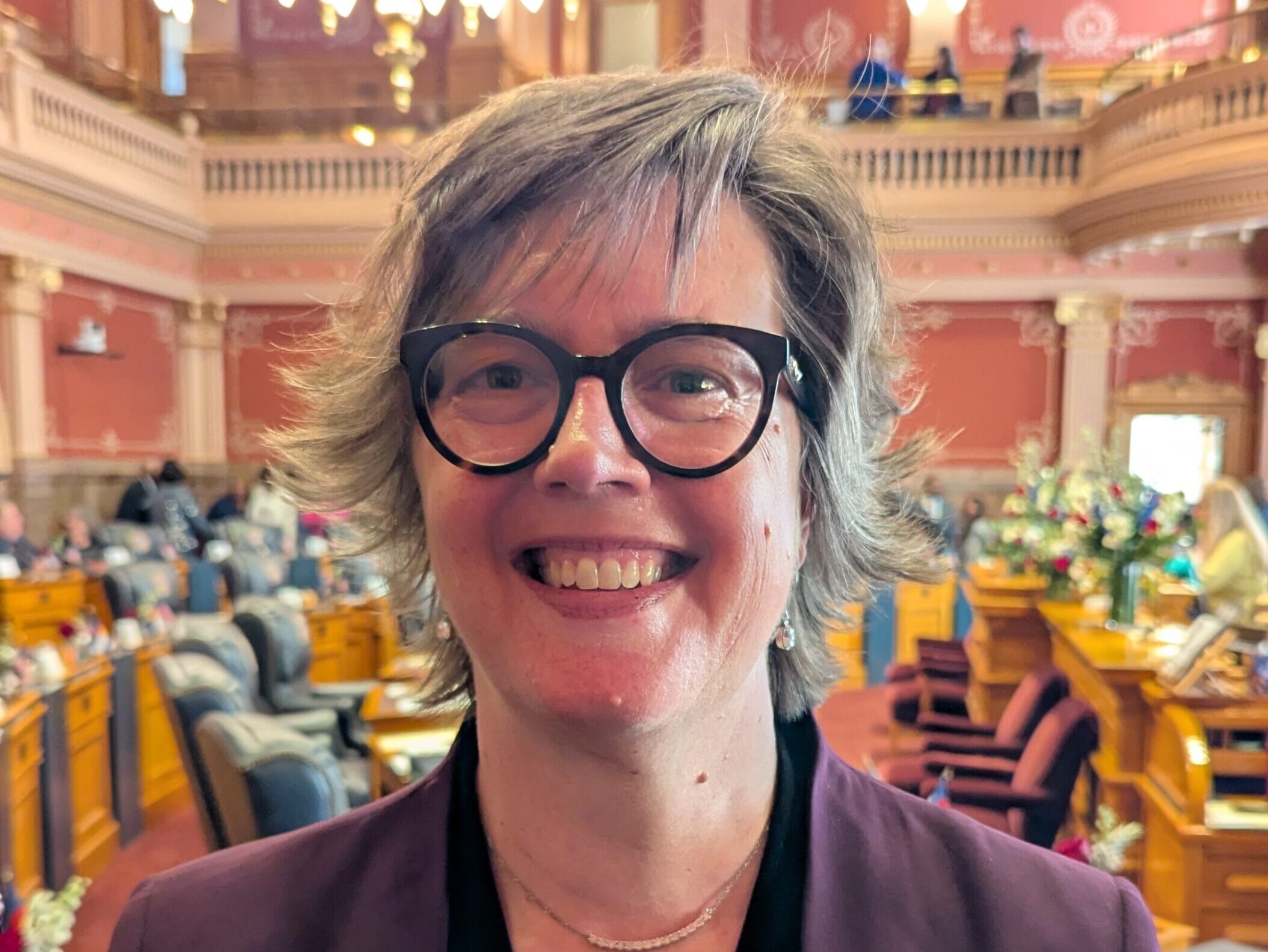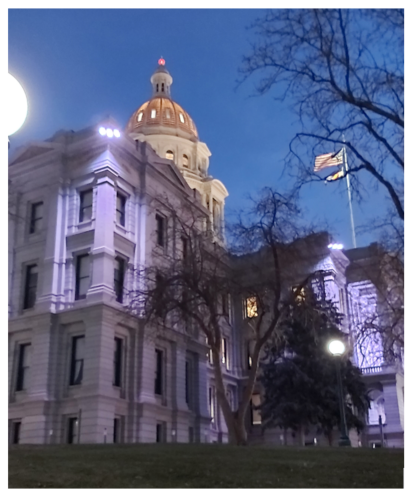by Alana Rosen
Have you ever gotten confused by what schools are considered public schools in Colorado? Join the club! The following is a simple guide on some of the different types of public schools offered in Colorado that may be subject to discussion during the legislative process.
Neighborhood Schools
Neighborhood schools are also known as public schools, traditional schools, or schools of a school district. Neighborhood schools are the most commonly known type of school maintained by school districts within the state. Resident students of the district can enroll in neighborhood schools. Nonresident students may apply to enroll in neighborhood schools pursuant to section 22-36-101 (1), C.R.S. Neighborhood schools are tuition-free public schools for both resident students and nonresident students. In addition to other revenue sources, neighborhood schools receive total program funding as determined by the school finance formula. For more information on total program funding, please see the following article on School Finance 101.
District Charter Schools
District charter schools are public schools that operate within a school district pursuant to part 1 of article 30.5 of title 22, C.R.S. A school district approves the charter application of a district charter school and enters into an authorizing contract with the district charter school. Families must apply to enroll their children in a district charter school. District charter schools may receive certain waivers as specified in law or rule. District charter schools are tuition-free public schools that receive state funding for each student through the school finance formula. District charter schools may receive a portion of additional revenue raised by taxpayers within the district.
Institute Charter Schools
Institute charter schools are public schools that are authorized by the state charter school institute, an independent state agency created in the Colorado Department of Education pursuant to section 22-30.5-503 (1)(a), C.R.S. The institute is authorized to approve or deny an application submitted for the establishment of an institute charter school. Enrollment is open to any child who lives in the state. Institute charter schools may receive certain waivers as specified in law or rule.[1] Institute charter schools are tuition-free public schools. Institute charter schools receive state funding for each student through the school finance formula, but do not receive additional revenue from districts because these schools are authorized by the institute, a state-created agency. Instead, the state provides additional state funds to institute charter schools.
Innovation Schools
The “Innovations School Act” was created in article 32 of title 22, C.R.S., and provides a pathway for schools of a school district to obtain greater control over educational programming, personnel selection, calendars and scheduling, and budgeting. To establish an innovation school, a public school or group of public schools that chooses to become an innovation school may submit to a local board of education an innovation zone plan outlining the innovative practices that the school or schools plan to implement. Innovation schools are tuition-free public schools. Because innovation schools are schools of a school district, these schools receive funding through the school finance formula. Innovation schools may also receive a portion of locally raised funds from taxpayers within the district.
Alternative Education Campuses
An alternative education campus is a public school that applies to the State Board of Education to be designated an alternative education campus as described in section 22-7-604.5, C.R.S. An alternative education campus has a specialized mission to serve a special needs or an at-risk population of students.
Approved Facility School
Approved facility schools are public schools that are authorized by the Department of Education’s Office of Facility Schools created in section 22-2-403, C.R.S. Approved facility schools are educational programs that are operated by an approved day treatment center, residential child care facility, a facility licensed by the Department of Human Services, a hospital licensed by the Department of Public Health and Environment, or a specialized day school that is authorized by the Office of Facility Schools. Approved facility schools are tuition-free public schools. Approved facility schools are state funded. Funding for approved facility schools are distributed under a formula that is not part of the school finance formula and is instead specific to approved facility schools. This formula is in section 22-54-129, C.R.S.
Colorado School for the Deaf and the Blind
The Colorado School for the Deaf and the Blind, established in 1874, is a state-funded institution that serves individuals under 21-years of age. Section 1 of article VIII of the Colorado Constitution, which was enacted in 1877, required the establishment and support of a school for the deaf and the blind. The Colorado School for the Deaf and the Blind was then created in article 80 of title 22, C.R.S. Children who qualify for special education services and who have hearing or vision loss may be considered for enrollment. There is a specific enrollment process for children who may attend this school, which is a tuition-free public school funded separately from the school finance formula.
[1] Waivers for both district charter schools and institute charter schools may include waivers related to compulsory school attendance, employment, and educational programs and textbooks.



